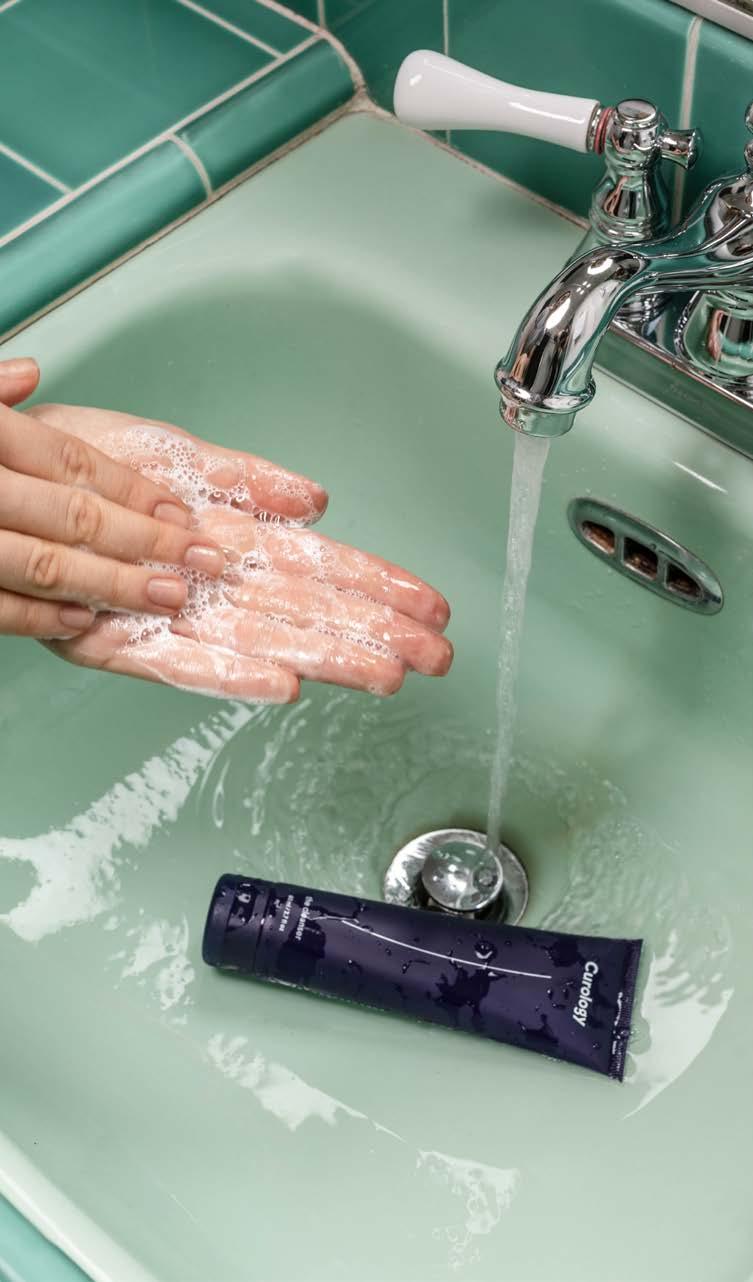
1 minute read
Herpes
UNFORTUNATELY, HERPES TESTING ISN’T AS STRAIGHTFORWARD AS OTHER STI TESTING, AND GENERALLY ISN’T INCLUDED IN REGULAR SEXUAL HEALTH SCREENING. THE ONLY WAY TO TELL IF YOU HAVE HERPES IS TO PRESENT WITH THE SORES THAT THEY SOMETIMES CAUSE, AND TO THEN HAVE THESE SWABBED AND TESTED.
The reasons for this can get a bit complicated. There are, actually, two types of herpes simplex virus – HSV-1 most often causes oral herpes/ cold sores, while HSV-2 most often causes genital herpes. Despite each virus being more common in one location than the other, HSV-1 can sometimes cause genital herpes and HSV-2 can sometimes cause cold sores (this switch can be due to oral sex).
The blood test is only used in rare instances because it can’t detect the actual virus is in your body, it only tells you if your immune system has responded to a virus being in your body. The test won’t tell you if it's oral or genital herpes (or both), when you got it, or how you got it. Because nearly 75% of Australians have HSV-1, and some people either won’t have symptoms for a long time or will never have symptoms, it can be very difficult to interpret the test results. The blood test for herpes also has a high rate of giving incorrect results, so you might get a test saying you have something you don’t, or don’t have something you do. This can create a lot of unnecessary uncertainty and anxiety.
Here's a great link that helps explain a bit more about herpes, if you’re interested: https://playsafe.health.nsw.gov.au/commonstis/herpes/ Just like herpes, many STIs won’t show symptoms, and some will take a very long time from the point in which someone gets an STI to when they do have symptoms. This is one of the many reasons why we suggest having regular sexual health screenings, even with long-term sexual partners. Sexual Health Services Tasmania has two clinics that provide free and confidential screening. Clinic 60 is at 60 Collins Street in Hobart (6166 2672) and Clinic 34 is at 34 Howick Street in Launceston (6777 1371).










